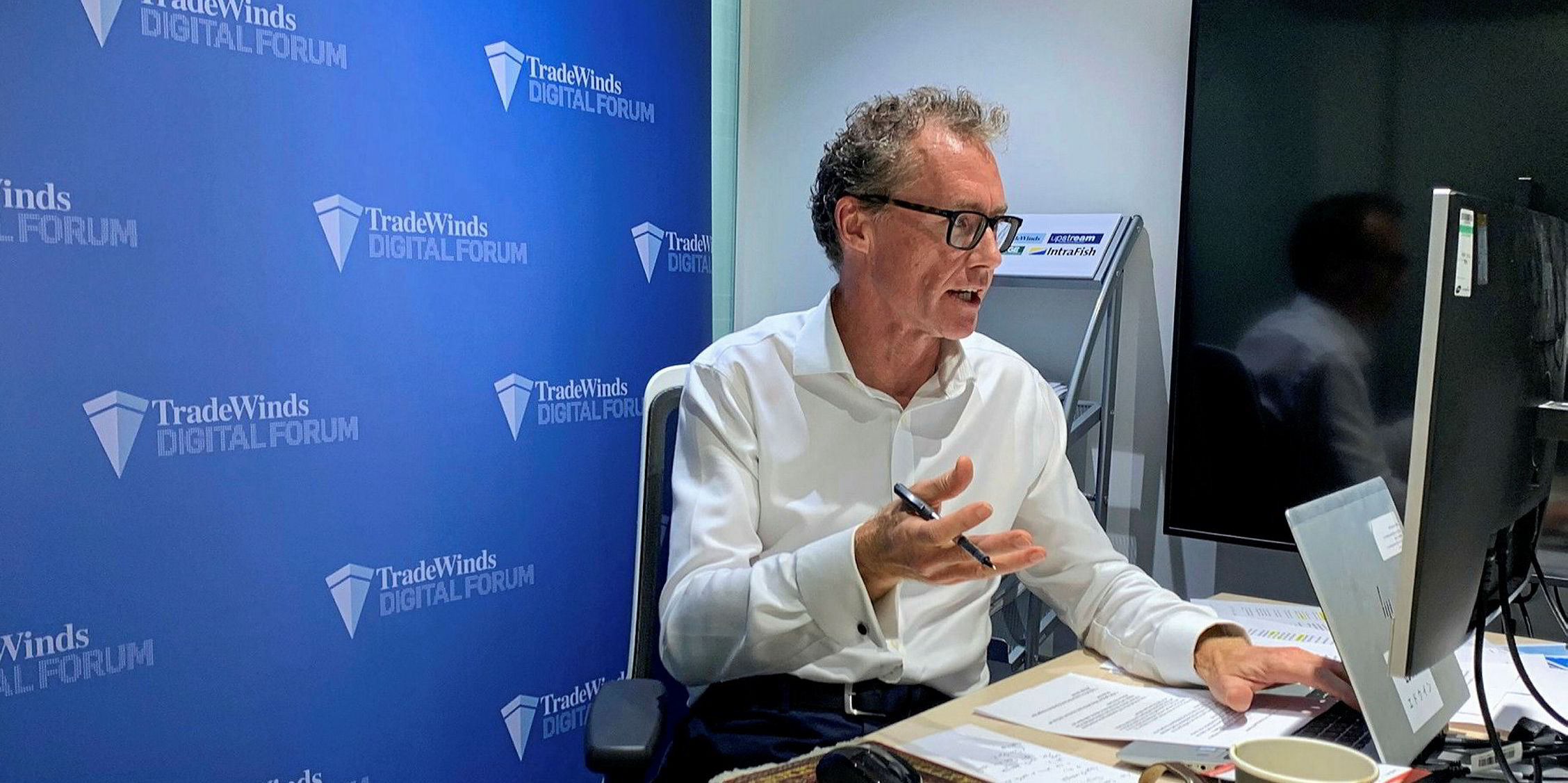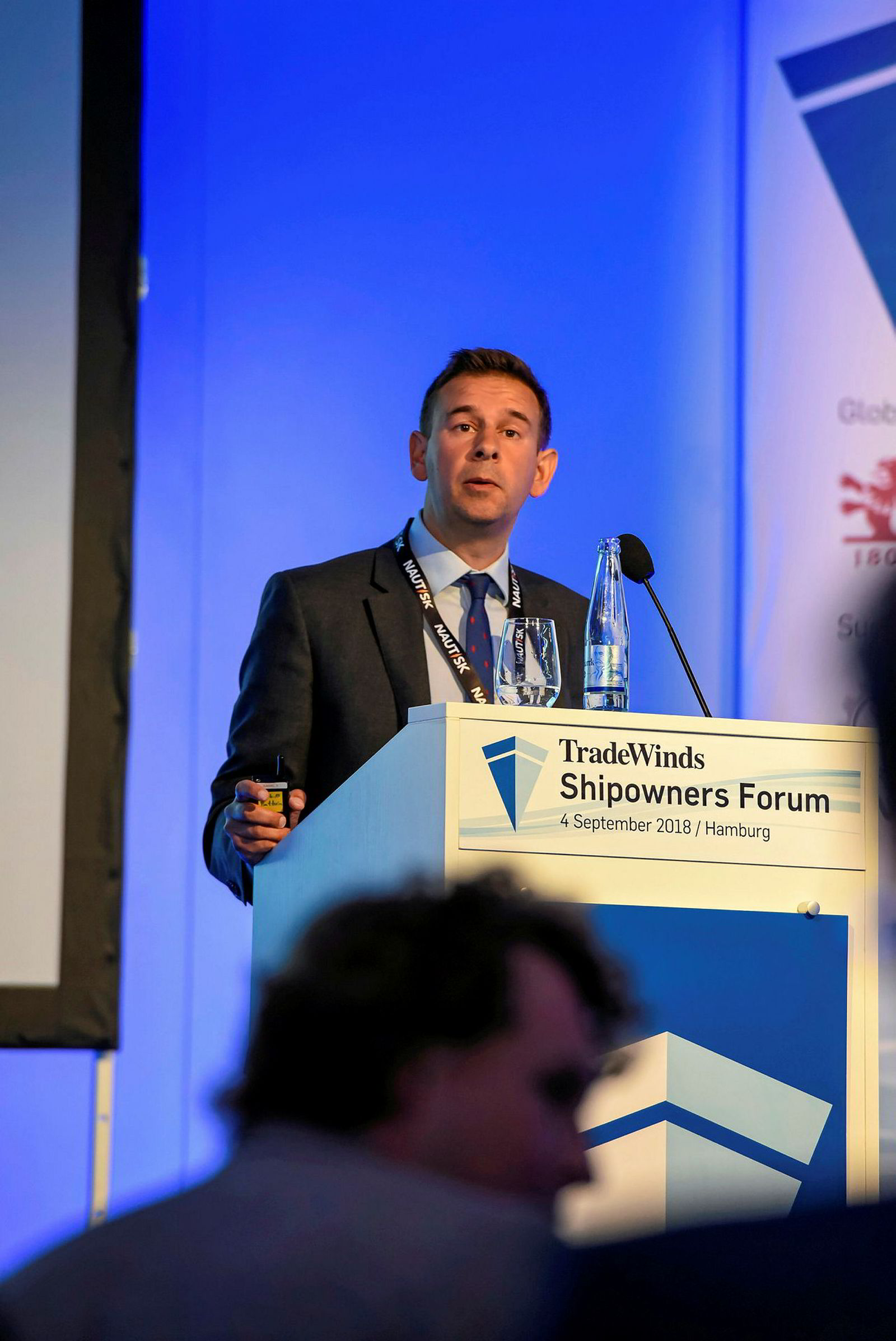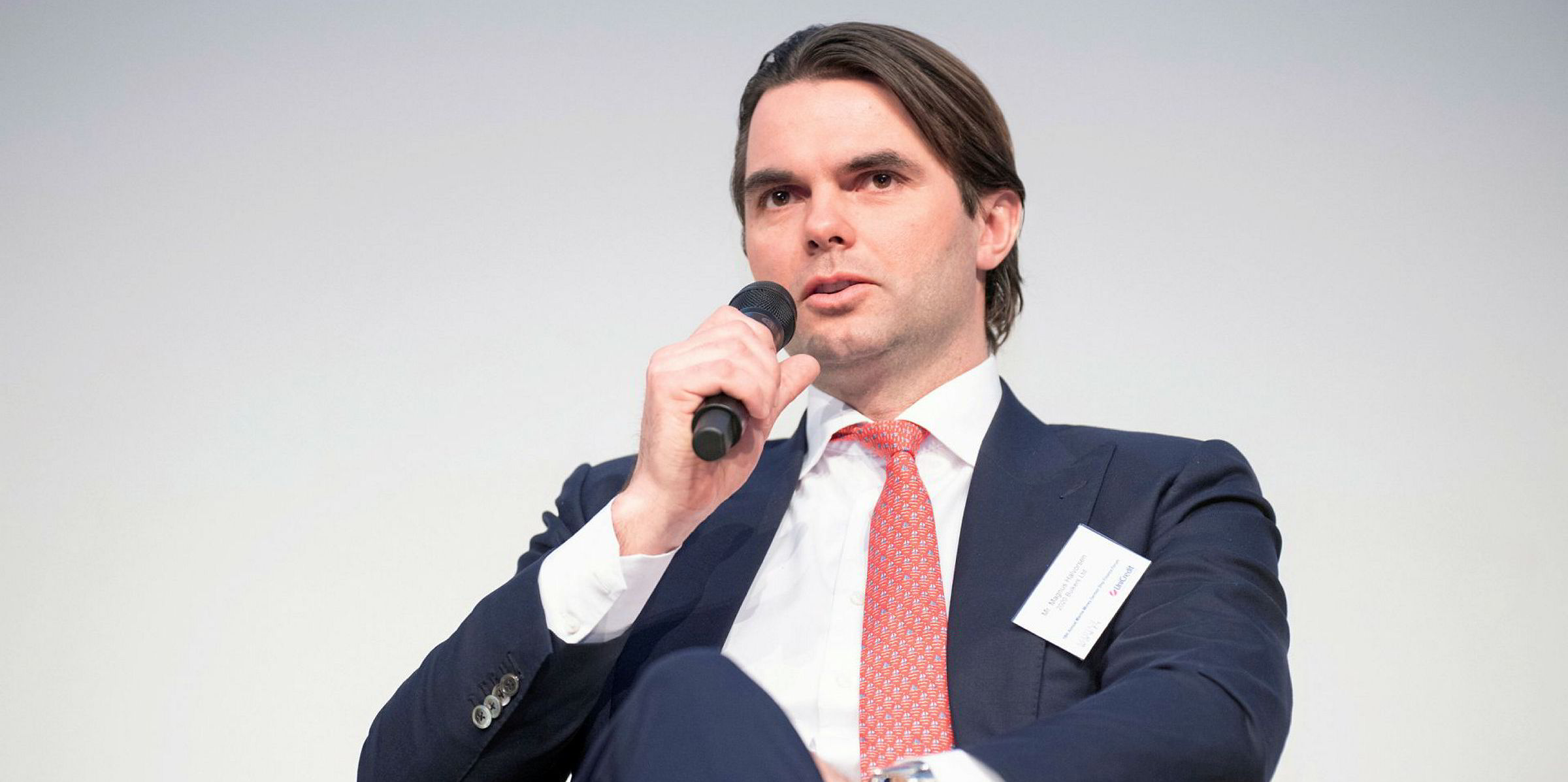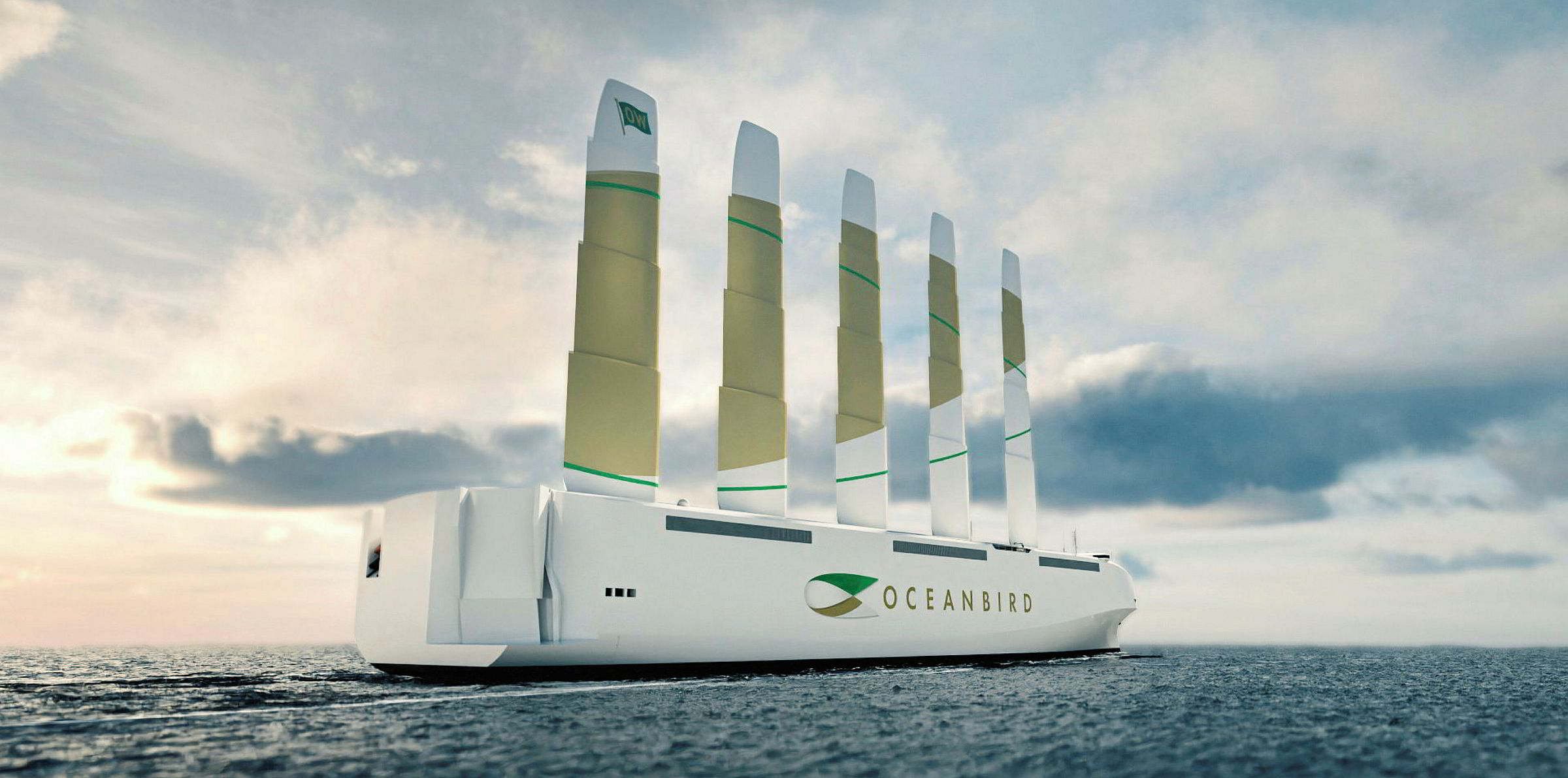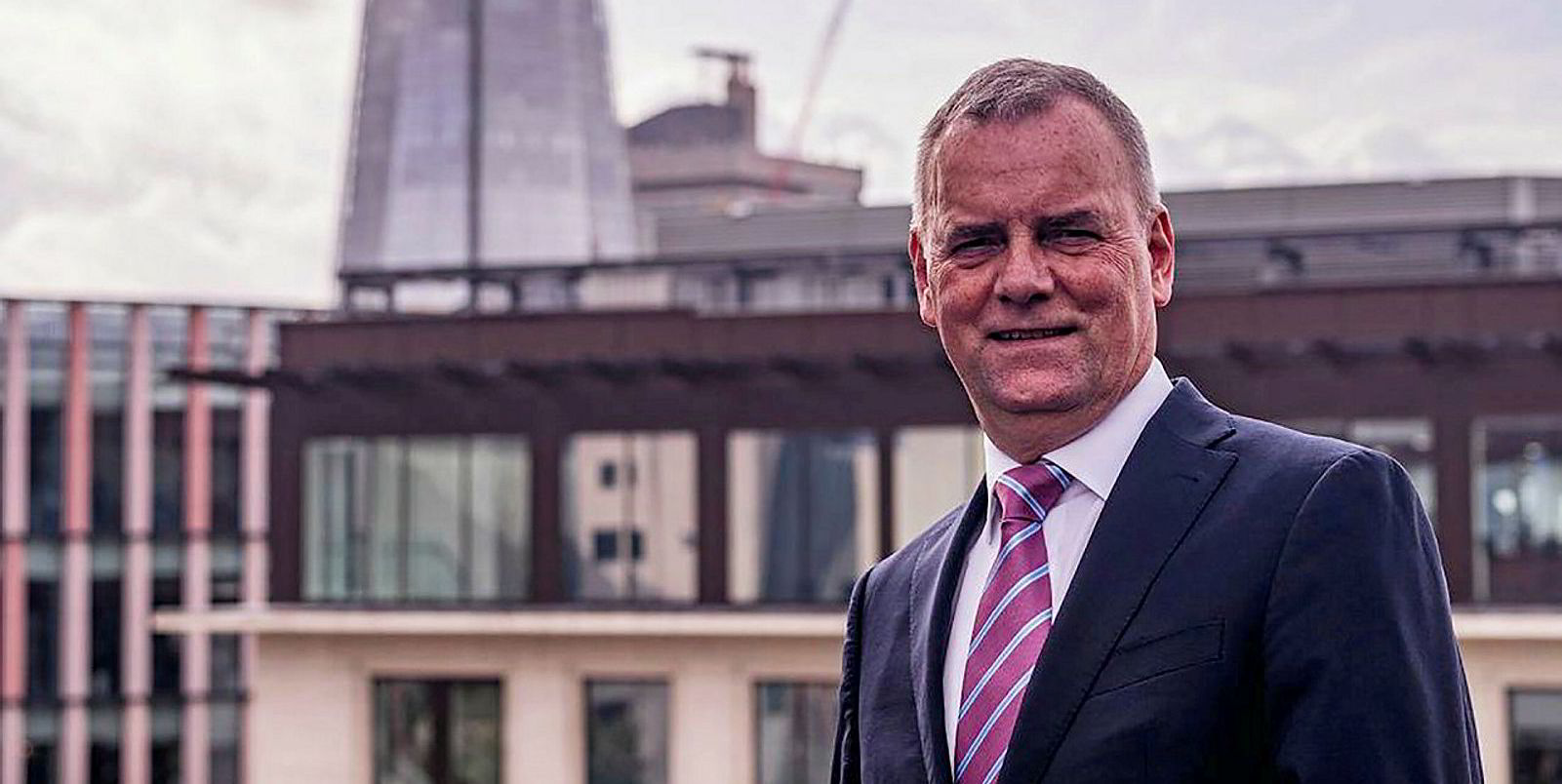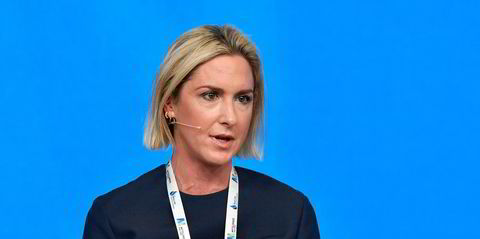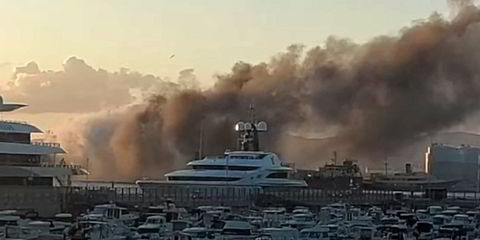Shipping will need to spend up to $1trn in the next decade in replacing the existing fleet, but uncertainty over technologies and financing will hamper the industry's green transition, according to Clarksons Research.
It will cost $600bn alone to replace the existing fleet based on the normal assumptions of demolition and ordering activity.
This is according to Stephen Gordon, Clarksons Research's managing director, who presented the findings during TradeWinds' digital webinar, Investment in an Age of Uncertainty, on Thursday.
"If we add 1% growth [in the global fleet], that goes up to $800bn and 2% growth goes up to $1trn. That's a lot of fleet renewal," he continued.
The challenge, Gordon said, will be timing and technology.
Uncertainty remains around the long-term futures of alternative marine fuels such as LNG, LPG, ammonia and hydrogen, making it all the more important that shipping finds a fuel that can be a "transition stepping stone", he said.
Fuel and finance questions
Questions also surround what to do with relatively modern, non-eco-type vessels that are around 10 years old, he added.
"Do we fit them with energy-saving technologies — Flettner rotors, air-bubble lubrication, sails, heat-waste recovery systems?"
There is "lots to do", but the uncertainty that currently surrounds technology means that little will be achieved in the short term, Gordon said.
The other question that remains is: who will help pay for it?
"Where that finance will come from will require some very creative thought, some diversification of funding sources, if we are going to renew the fleet with that $1trn package that I put forward," Gordon said.
The current orderbook for newbuildings is "getting shorter all the time" and is below 10% of the live fleet, which is a good basis for getting started on shipping's green transition, according to Gordon.
"It's the shortest since 1988, we believe, with around 7.4% on order overall in terms of deadweight and we have reduced shipbuilding capacity also," he said.
Only $18bn has been invested in newbuildings so far this year, according to Clarksons Research.
New orders may tick up again in the fourth quarter, he continued, so "perhaps we get newbuilding orders that approach the 30-year low we saw in 2016".
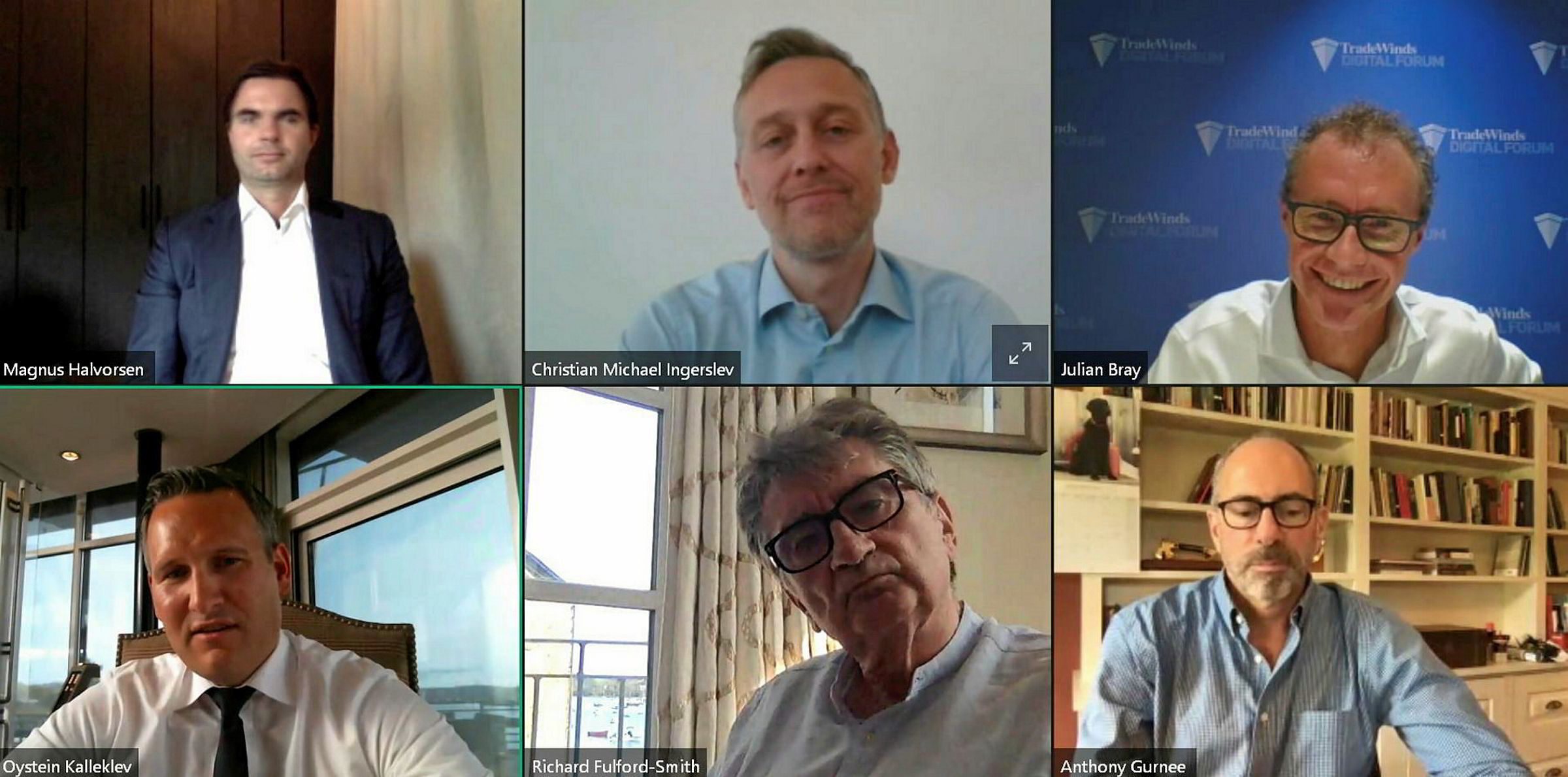
Shipowners respond
Flex LNG's chief executive Oystein Kalleklev was realistic when asked whether the events of 2020 and the effects on shipping markets are likely to accelerate the rate of change and force shipowners and operators to address the green transition.
"I think the answer is yes but I fear the underlying fundamentals are a no," Kalleklev told TradeWinds editor-in-chief, Julian Bray, who chaired the webinar.
"When rates are low and people are in crisis, the focus seems to step away from climate change and it becomes more a question of survival.
"I think it's imperative that we put our foot on the accelerator and do something about this, and I think it's a huge competitive advantage if we are successful."
Shipping is an industry in which there is a financial benefit for embracing a green transition, both in terms of fuel savings and lowering carbon emissions, Kalleklev observed.
Anthony Gurnee, chief executive of tanker owner Ardmore Shipping, agreed that more can be done with the "little things", but that regulators need to step in to prompt bigger changes.
"There are things that can be done today that have the double virtue of reducing carbon emissions but can also help us make more money," he said, referring to making improvements to vessels' efficiency and performance, something that Ardmore gets "excited about".
"But I don't really see anything happening on the regulatory front. What's missing is the regulatory clarity so that we know what to do."
